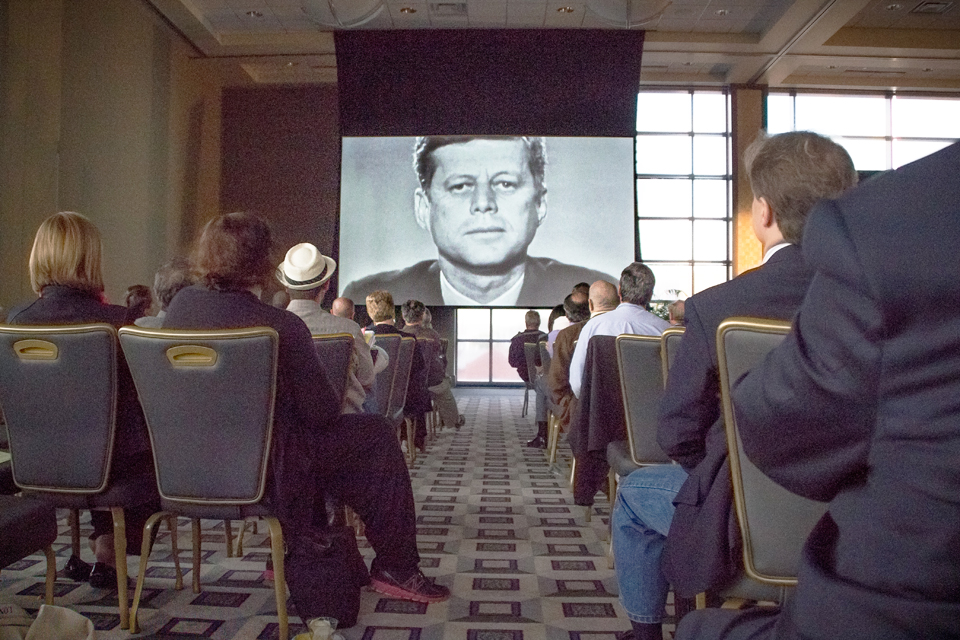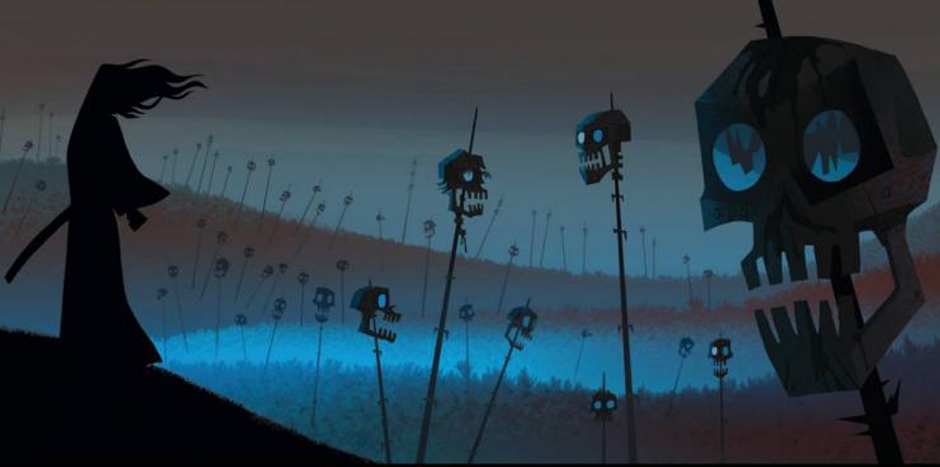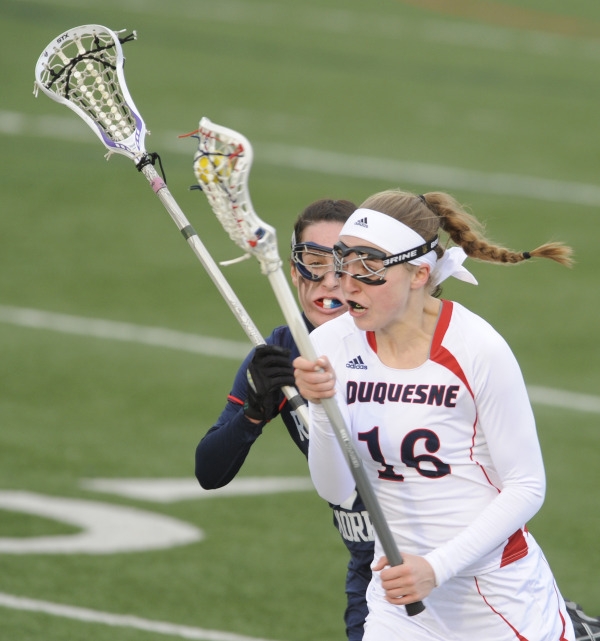
By Duke Staff
Facing the darkest of circumstances, the men and women at WDBJ – a broadcast news station in Roanoke, Virginia – provided one of the finest examples of modern journalism Wednesday, and showed America exactly what to do when tragedy strikes unexpectedly.
In the hours after a gunman shot and killed two of its journalists during a live broadcast, the station was the go-to source for news about the ensuing manhunt for the suspect, even though station employees could have very well taken the time to grieve in silence – and no one would have blamed them.
Instead, the station’s anchors weaved personal recollections of their fallen colleagues – reporter Alison Park, 24, and cameraman Adam Ward, 27 – into a regular news report with updates on the man who allegedly shot them.
A man that we, at The Duke, will not name for purposes of this editorial, and a man that WDBJ did not spend much time talking about, even though he was a former employee at the station.
The tribute to Park and Ward was sincere, solemn and commendable, and the coverage was respectful; which is particularly surprising in an age when news outlets dedicate much more airtime to the shooters than the victims.
When a senseless act of violence happens in the country, like a mass shooting or Wednesday’s tragedy in Virginia, an alarming number of media outlets rush to sensationalism. They’ll paint a detailed image of the perpetrator over several weeks – digging deep into a life that stole the lives of others – but forgo stories on the victims after a day or two.
They’ll dig up high school yearbook photos of the killer, and publish diary entries, manifestos and personal videos. They’ll plaster the killer’s face on each segment of the nightly news, and dedicate column inches to the killer’s lifestyle and motives.
With access to plenty of information about its former employee, WDBJ could have used its airtime to tell us everything it knows about the suspect, and an inside look into every move the suspect made while employed there.
This can have damaging repercussions. Sociologists have long warned mass media of the “copycat effect,” which says that sensationalist reporting of a shooting can lead to more violence. In recent instances of mass shootings, the families of the victims have pleaded with news organizations to shed more light on their deceased loved ones and less on the killers.
It takes courage to do what WDBJ did in the face of insurmountable anguish. Its coverage – if mimicked – will have a lasting effect on violence in the country.




